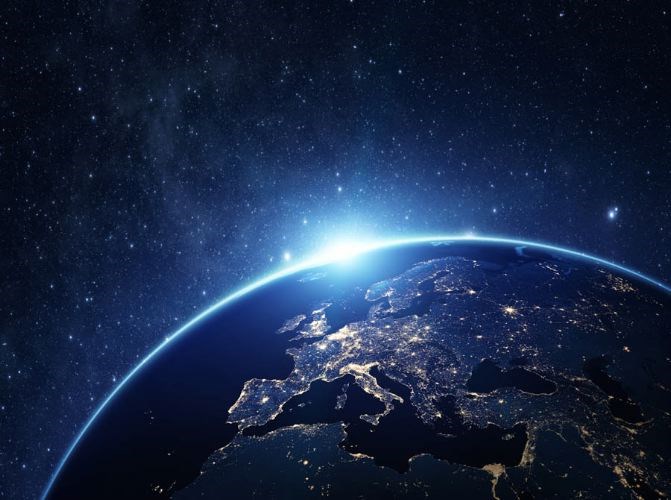Thomas Verblen was an American economist and sociologist of Norwegian origin who lived in the late 19th and early 20th century. He is most famous for Theory of the Leisure Class, written in 1899 in which he propounded the theory of conspicuous consumption.
The term refers to patterns of consumption in which wealthy individuals buy expensive items - such as fancy cars or lavish homes - to display wealth and power rather than to simply cover consumer needs. Central to the proposition is wealth equates to status and vice versa.
We see this all the time. We tend to assume someone who has made billions makes wise decisions and must be good at business. We tend to assume actors, sports figures, and others who earn a lot of money must have something important to say.
And, unfortunately, as a society we tend to view conspicuous consumption as a good thing or, at least, not as a bad thing. Even people who can't afford expensive or luxurious items will buy a new smartphone, for example, because it is the latest, greatest, fastest, and best on the market. It is a status symbol to be shown off the new phone to others. It is a statement about social position.
It also means we discard perfectly useable items for the sake of buying the next generation of the same item. Consider cars.
People often trade in two or three year old vehicles for the next one. Why? Most modern cars have lifespans well beyond two or three years. They will last for a decade or more. But there is status in being seen to be driving a new car as opposed to an old clunker.
Our society in North America and throughout much of the Western world is built on conspicuous consumption. We have to have the latest, greatest, fastest, best of everything.
But what is the cost? Modern consumer behaviour is based, to a large degree, on the notion we have an unlimited supply of raw materials. There is always more oil in the ground, more trees to cut down, more fields to provide food and fabric, and more fish in the sea. Yet, as a chemist, I know there are finite limits to our resources. The consumer world is a giant chemical equation and there are limiting reagents.
We are also, slowly, waking up to the consequences of unlimited consumption. As an example, consider the plethora of plastic products in our present economy.
These are polymeric compounds which were introduced in the early 1900s. (Prior to that, polymers were obtained from sources such as tree sap and cellulose.)
In the relatively short time we have been using compounds such as polyethylene and polyvinylchloride, they have pervaded our environment. Landfills are full of discarded plastic bags, pens, plastic toys and drinking straws. Even the lids to Tim Horton coffee cups are made of plastic and we know how many of those get discarded every day.
Such materials are made from petroleum and are a drain on the amount of oil we have. They also have a significant carbon footprint. And they are persistent in the environment well beyond their end use.
Increasingly, scientists are finding micro-particles of plastic in everything from seafood to drinking water. Indeed, a recent study conducting by the CBC determined a majority of bottled water containers had micro-particles of plastic in their water. We are literally drinking the waste product of our modern lifestyle.
Further, polymeric materials are showing up in our oceans. A recent Chemical and Engineering News article points out worldwide we have manufactured 8.3 billion metric tonnes of plastics in less than a century. This has generated 6.3 billion metric tonnes of waste and somewhere between 4.8 and 12.7 million metric tonnes enters our oceans each year.
By 2050, it is estimated the total mass of plastic materials in the ocean will exceed the total mass of fish. Our oceans are the ultimate sinks for plastics.
The question is - do we need these items? Do we need the latest, greatest, fastest, and best or can we make do with our consumer goods for a few more years?
We can't keep treating the Earth as an unlimited storehouse of materials solely put in place to sustain the human race.
In the grand scheme of things, I would much prefer to see a live sea turtle than to watch a Youtube video of one on a smartphone because they have all gone extinct.



